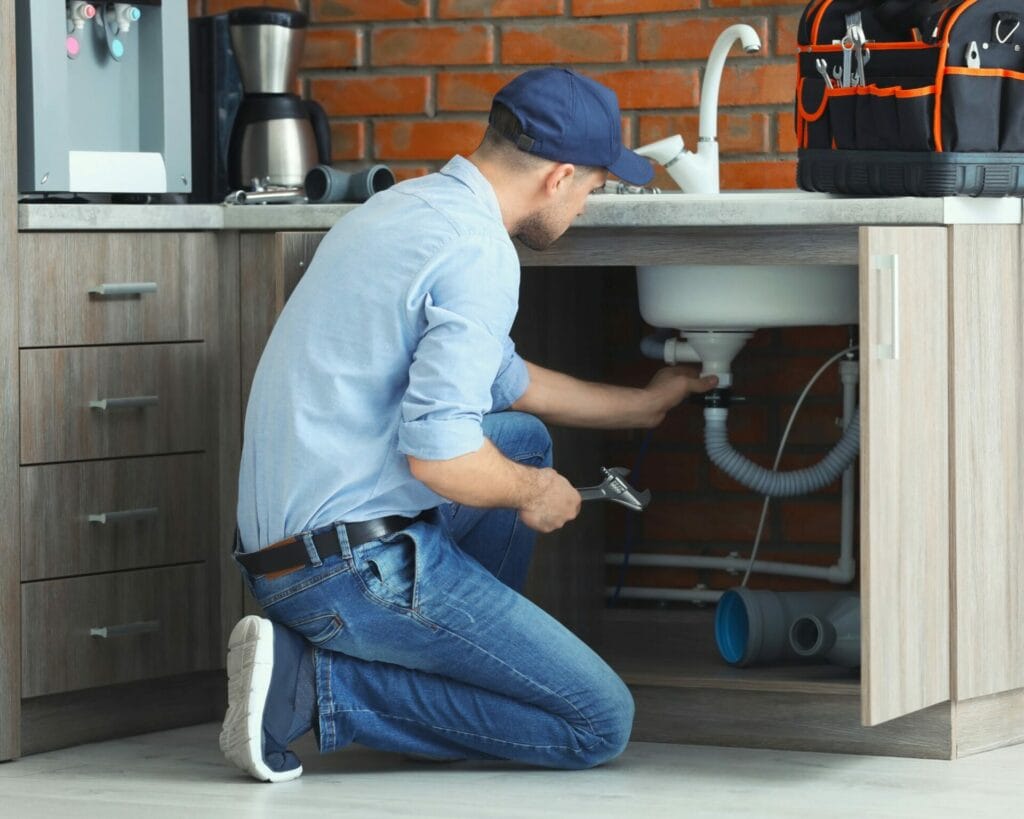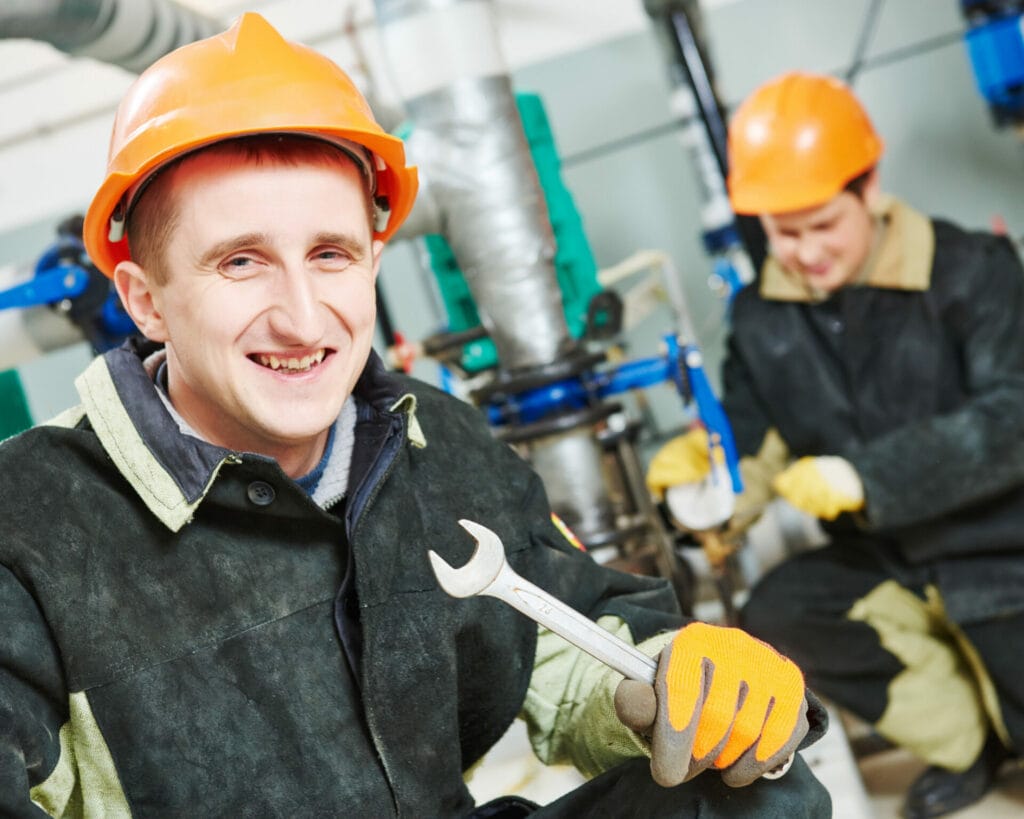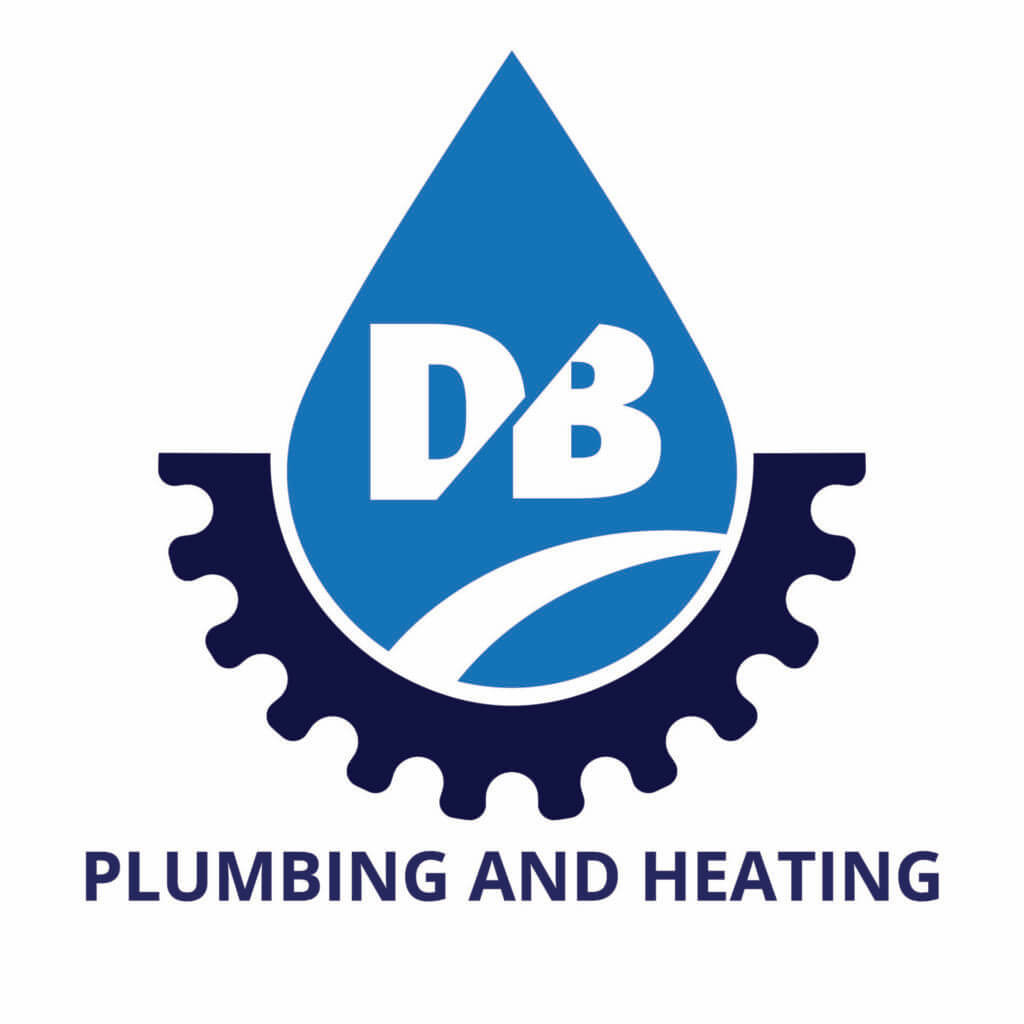Emergency Services - Open 24/7
Located In Nutley, NJ
Hey there, homeowners! Welcome to our blog, where we're diving into the world of plumbing and all the essential tips and tricks you need to know to keep your home's plumbing in tip-top shape. Whether you're dealing with leaky faucets, or clogged drains, or simply want to upgrade your plumbing system for better efficiency, we've got you covered!
Now, you might wonder, why is it so crucial to maintain a well-functioning plumbing system. Well, think about it – plumbing is the unsung hero of your home, quietly working behind the scenes to bring you clean water and whisk away waste. But when things go awry, it can quickly turn into a messy nightmare. We'll walk you through the reasons why regular maintenance is key to avoiding those plumbing disasters and saving you from unexpected repair costs.
On top of that, we'll shed light on the fantastic benefits of upgrading and repairing your plumbing systems. From improving water efficiency that cuts down your utility bills to enjoying cleaner and healthier water, upgrading can make a world of difference. But don't worry; we won't leave you hanging. In this blog, we'll provide you with expert tips on how to tackle some plumbing repairs yourself, and when it's best to call in the pros. We'll also guide you in finding reliable local plumbing services that you can trust.

Alright, let's roll up our sleeves and dive into some of the most annoying plumbing problems that seem to pop up just when you least expect them! We're talking about leaky faucets and pipes, which can make you feel like your home is turning into a miniature waterfall, and clogged drains and toilets that turn your daily bathroom routine into a battle. But fear not, my friends, we've got your back, and we're here to shed some light on what's causing these issues and how to deal with them.
Are leaky faucets and pipes causing you sleepless nights? Don't fret; you're not alone! Understanding the causes will equip you with the knowledge to fix the issues and keep your plumbing system running smoothly. Let's bid farewell to those troublesome drips and restore peace to your home!
Inside the faucet, there are small rubber components called seals and gaskets that create a watertight seal when the tap is closed. Over time, these seals can wear out or become damaged, causing water to drip even when the faucet is turned off tightly.
The pipes in your plumbing system are essential for carrying water throughout your home. Unfortunately, they can experience corrosion or sustain damage due to various factors like age, chemical reactions, or external forces. These issues can lead to the formation of tiny holes or cracks in the pipes, resulting in leaks.
Plumbing systems are complex networks of pipes, fittings, and connectors. If any of these connections become loose or faulty, they can allow water to escape, leading to leaks at joints and fittings.
While water pressure is necessary for a strong flow from your faucets and showerheads, too much pressure can be detrimental to your plumbing system. High water pressure can stress the pipes and cause them to develop leaks over time.
Addressing these factors promptly can help prevent and fix leaks, saving you from the annoyance of a persistent drip and the potential water wastage that accompanies it.
You might think a few drips here and there isn't a big deal, but those drops add up fast! A single leaky faucet can waste gallons of water every day, and over time, it can significantly impact your water bills. We'll break down just how much water is being wasted and help you understand the financial toll it takes. You'll be surprised at how much money you could save by fixing that faucet ASAP!
Blocked drains and toilets are some of the most frustrating plumbing issues that can disrupt your daily routine. From hair and soap scum to foreign objects and tree roots, there are various culprits behind these troublesome blockages. We'll uncover the common causes of these clogs, helping you understand how they occur. So, let's get ready to tackle those stubborn blockages and keep your plumbing flowing smoothly!
Over time, hair, soap scum, and debris can accumulate in the pipes, especially in bathroom drains. These materials stick together, forming stubborn clogs that slow down or completely block water flow.
Pouring cooking grease and oil down the kitchen sink might seem convenient, but it's a big no-no for your plumbing. Grease and oil can solidify and cling to the pipe walls, leading to constrictions and eventually causing blockages.
Accidentally flushing items like paper towels, sanitary products, or small toys down the toilet is a common cause of toilet clogs. These objects can get stuck in the pipes, obstructing the proper flow of water.
If you have trees with wandering roots near your sewer lines, they can find their way into the pipes through small cracks or joints. As the roots grow and spread, they can create serious blockages and even cause pipe damage.
Knowing these common causes of blockages will help you take preventive measures and, if needed, handle clogs effectively when they occur. So, let's keep those drains and toilets flowing freely and avoid those pesky plumbing headaches!
Dealing with a clogged drain or toilet isn't just inconvenient; it can lead to more significant problems down the line. When water can't flow freely through the pipes, it can put extra pressure on them, increasing the risk of pipe bursts. Plus, the accumulated gunk can corrode the pipes over time, shortening their lifespan and requiring costly repairs or replacements. If the clog is severe, you might even experience nasty backups and overflows, resulting in water damage to your floors and walls.
But fret not! In the next section, we'll equip you with practical solutions to tackle these plumbing issues head-on. So stay with us, and we'll make sure your faucets stop dripping and your drains keep flowing smoothly! Let's beat those plumbing gremlins together!
Ready to become a DIY plumbing expert and handle those pesky leaks and clogs like a pro? We've got your back! In this section, we'll equip you with essential plumbing repair tips that will save you time, money, and the hassle of waiting for a plumber. From quick fixes you can do yourself to knowing when it's time to call in the pros, we'll guide you every step of the way.
Ready to become a DIY plumbing superhero? We've got your essential toolkit covered! No need for fancy gadgets; just a few basic tools will do the trick. Here's what you'll need for those basin repairs:
This versatile tool will help you tighten or loosen nuts and bolts of various sizes, making it essential for faucet repairs.
Grab a pair of slip-joint pliers to grip and turn pipes or other plumbing components securely.
For more substantial tasks, a pipe wrench with its adjustable jaw will give you the leverage needed to tackle pipe repairs.
Also known as Teflon tape, this thin white tape is perfect for sealing pipe threads to prevent leaks.
With this trusty plumbing arsenal, you'll be fully equipped to handle most minor plumbing issues and fix those basin problems like a pro!
Leaky faucets and slow drains, prepare to be conquered! Our step-by-step guide will turn you into a plumbing pro in no time. Follow these simple steps to fix those pesky leaks and clogs:
With this easy-to-follow guide, you'll be a true plumbing wizard, fixing those minor leaks and clogs like a pro! Say hello to smooth-running faucets and swift-draining sinks – you've got this!

While DIY fixes are great for minor issues, some plumbing problems are best left to the experts. We'll help you distinguish between simple repairs and complex issues that require professional attention. Understanding when to seek help will prevent you from inadvertently making matters worse and ensure that your plumbing system gets the right care it needs.
Safety first! Before you grab your tools and get to work, we'll highlight the potential risks of DIY plumbing repairs. From exposure to harmful chemicals to accidentally damaging pipes, it's essential to be aware of the potential hazards. We'll show you how to prioritize your safety and make informed decisions about when to DIY and when to call in the pros.
By the end of this section, you'll feel more confident in tackling basic plumbing repairs and knowing when it's time to hand the wrench over to the professionals. So let's dive into the world of plumbing DIY and learn how to be the hero of your home's pipes!
Upgrading your plumbing system can bring significant benefits, from saving water to improving water quality. In this section, we'll explore the advantages of upgrading and the different types of improvements you can make. Whether you're considering low-flow fixtures, a tankless water heater, or a whole-house re-pipe, we've got the inside scoop to help you make informed decisions.
Saving water is not just good for the environment; it's great for your wallet too! Upgrading to water-efficient fixtures and appliances can significantly reduce your water consumption, leading to lower water bills. Low-flow faucets, showerheads, and toilets use less water without compromising performance, so you can enjoy the same level of comfort while being eco-conscious.
Ever dreamt of having spa-like water quality at home? Well, upgrading your plumbing system can get you pretty close! Newer pipes and fixtures can help reduce contaminants and sediment buildup, providing cleaner and fresher water for you and your family. Say goodbye to rusty water and mineral deposits – it's time to experience the joy of crystal-clear H2O!
Ready to cut back on water wastage without sacrificing water pressure? Low-flow fixtures and faucets are the answer. These water-saving champions regulate water flow, making sure you get the right amount of water exactly when you need it. Plus, they come in stylish designs, so you don't have to compromise on aesthetics.
Tired of waiting for hot water to reach your faucet or shower? Say hello to tankless water heaters! These compact and energy-efficient wonders provide hot water on demand, instantly warming up the water as it flows through the unit. Besides endless hot showers, you'll enjoy energy savings by only heating water when you need it.
Toilets are one of the largest water consumers in our homes, but upgrading to a water-efficient model can change that. Newer toilets use less water per flush while maintaining flushing power. You'll be amazed at the gallons you'll save over time, not to mention the positive impact on your water bills.
If your plumbing system is old, corroded, or causing frequent issues, a whole-house re-pipe might be the way to go. While it's a more significant investment, a new plumbing system can save you from the headache of constant repairs and potential water damage. Consult a professional plumber to assess whether a re-pipe is the right option for your home.
Now that you're aware of the benefits and options for upgrading your plumbing system, it's time to take the next step toward a more efficient and enjoyable home. Get ready to embrace the wonderful world of upgraded plumbing!
When it comes to your home's plumbing, you want nothing but the best! But with so many local plumbing services out there, how do you find the right one that you can trust? In this section, we'll show you the ropes of researching and selecting a reliable plumbing company. From reading reviews and checking credentials to obtaining multiple quotes, we'll guide you through the process to ensure you make the best decision for your plumbing needs.
Start your search by browsing online reviews and testimonials from previous customers. Look for reputable platforms like Google, Yelp, or Angie's List to get genuine feedback about the plumbing companies you're considering. Pay attention to both positive and negative reviews to get a well-rounded view of their service quality.
Plumbers should be licensed and certified to ensure they have the necessary skills and qualifications to handle your plumbing needs. Check with your local licensing board to verify the credentials of the plumbing companies you're interested in. A licensed plumber not only ensures quality work but also compliance with local building codes and regulations.
Don't settle for the first plumbing service you come across. Reach out to multiple companies and ask for detailed quotes for the specific plumbing job you need. Compare the services offered and the pricing to get a clear picture of what you'll be getting for your money.
When reviewing the quotes, make sure the pricing is transparent and includes all the necessary details. Beware of any hidden fees or additional charges that might pop up later. A reliable plumbing company will be upfront about their pricing and provide clear explanations for any extra costs.
Narrow down your choices based on the research and quotes you've obtained. Consider factors like experience, reputation, and the range of services offered. Look for a plumbing company that specializes in the type of plumbing work you need, whether it's repairs, installations, or maintenance.
Customer service matters! Choose a plumbing company that is responsive to your inquiries and communicates clearly throughout the process. A service provider that values its customers will prioritize your needs and ensure your satisfaction with the work done.
By following these steps and considering these factors, you can find the perfect plumbing company to take care of your home's plumbing needs. So go ahead and make an informed decision that will keep your pipes flowing smoothly for years to come!
Congratulations on having a smoothly functioning plumbing system! Now, let's keep it that way with some simple yet essential maintenance tips. In this section, we'll explore the key practices that will help you maintain your plumbing in top-notch condition. From scheduling regular check-ups to avoiding common mistakes and safeguarding your pipes during extreme weather, we've got you covered. Let's dive into the world of plumbing maintenance and keep your pipes happy and healthy!
Just like a doctor's check-up, your plumbing system needs a regular once-over too. Schedule routine inspections with a professional plumber to identify any potential issues before they escalate into major problems. Regular maintenance can catch leaks, clogs, or other plumbing concerns early on, saving you from costly repairs down the road.
You don't always need a pro to check on your plumbing. Keep an eye out for signs of trouble yourself. Look for leaks under sinks, around faucets, or near appliances like water heaters. Check for any unusual sounds or slow-draining water in sinks and tubs. If you notice anything unusual, address it promptly or call in a professional for a closer look.
Your plumbing system can be sensitive to what you put down the drains. Avoid dumping food scraps, coffee grounds, and cooking grease down the sink, as they can cause blockages and damage your pipes. Use a compost bin for food waste and let grease solidify before throwing it in the trash.
When faced with a clogged drain, it might be tempting to reach for a chemical drain cleaner. However, these harsh chemicals can corrode your pipes and harm the environment. Opt for natural alternatives like baking soda and vinegar to clear minor clogs or invest in a drain snake for more stubborn blockages.
Freezing temperatures can wreak havoc on your plumbing. To prevent frozen pipes, insulate exposed pipes in unheated areas like basements and crawl spaces. During severe cold spells, allow faucets to drip slightly to relieve pressure and prevent freezing. And don't forget to disconnect and drain outdoor hoses before winter sets in.
Extreme heat can also pose risks to your plumbing. During scorching summer days, keep an eye on your water usage and avoid overusing appliances like washing machines and dishwashers. High water demand during heat waves can stress your plumbing system, leading to potential issues.
By following these maintenance tips, you'll ensure a healthy plumbing system that runs smoothly and efficiently. Taking care of your pipes today means a worry-free tomorrow!
We've taken you on a journey through the world of plumbing, from understanding the importance of maintaining a well-functioning plumbing system to exploring the benefits of upgrades and repairs. We've armed you with essential plumbing repair tips and maintenance know-how to keep your home's plumbing in top-notch shape.
Remember, a well-maintained plumbing system is the unsung hero of your home, quietly working behind the scenes to bring you clean water and whisk away waste. Regular inspections and maintenance will catch issues before they become costly disasters, and DIY quick fixes will save you time and money.
Upgrading your plumbing system can lead to improved water efficiency, enhanced water quality, and modern conveniences like tankless water heaters. Making the right decision about local plumbing services is crucial, and we've guided you through researching, obtaining quotes, and choosing reliable professionals.
Lastly, by understanding the common causes of leaks and clogs, you can take preventive measures and address issues promptly. Armed with knowledge and practical tips, you can be the plumbing hero of your own home!
54 Brookline Ave
Nutley, NJ
07110
973-337-9916
https://dbplumbingheating.com/
